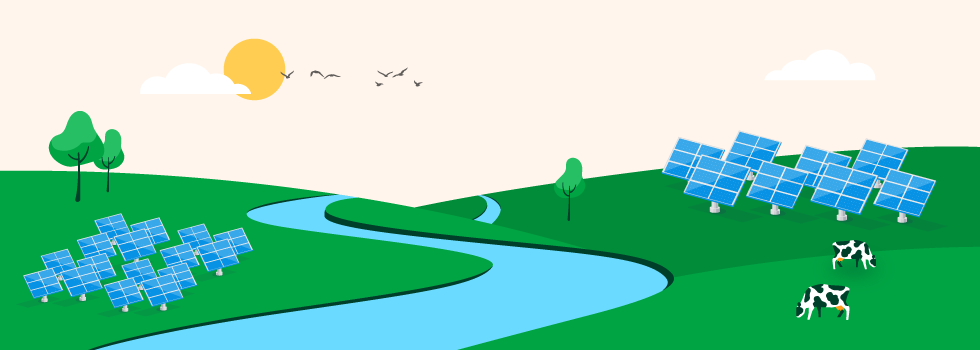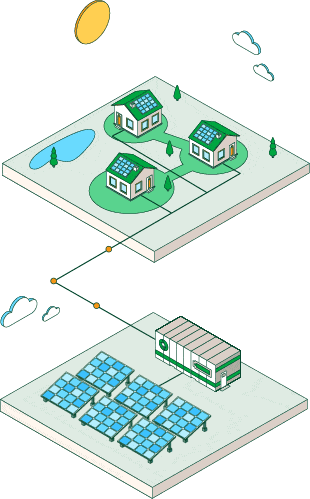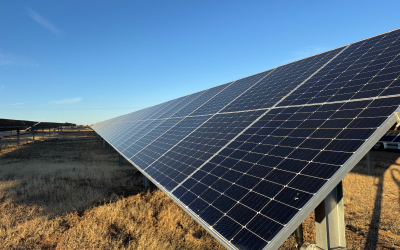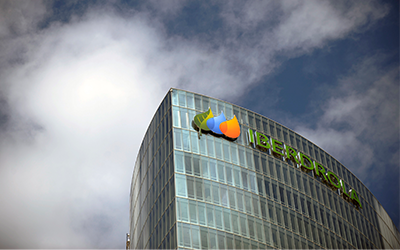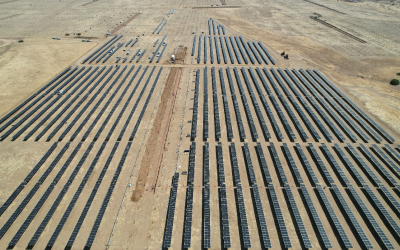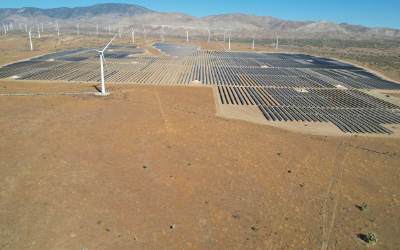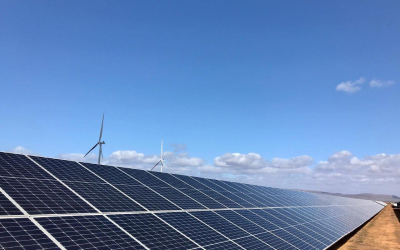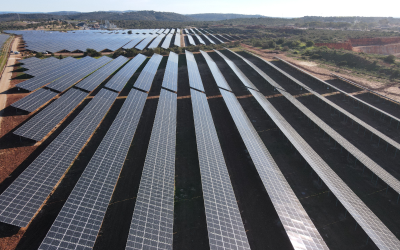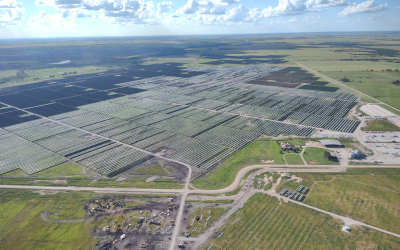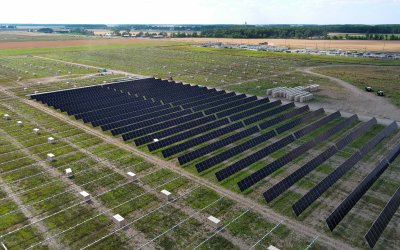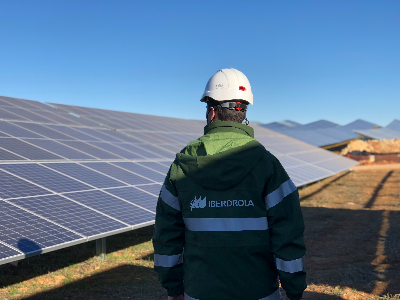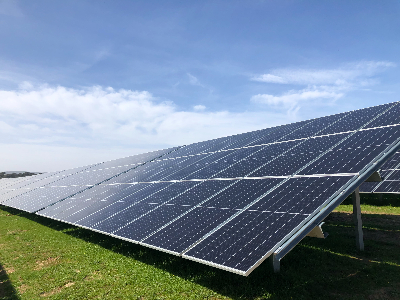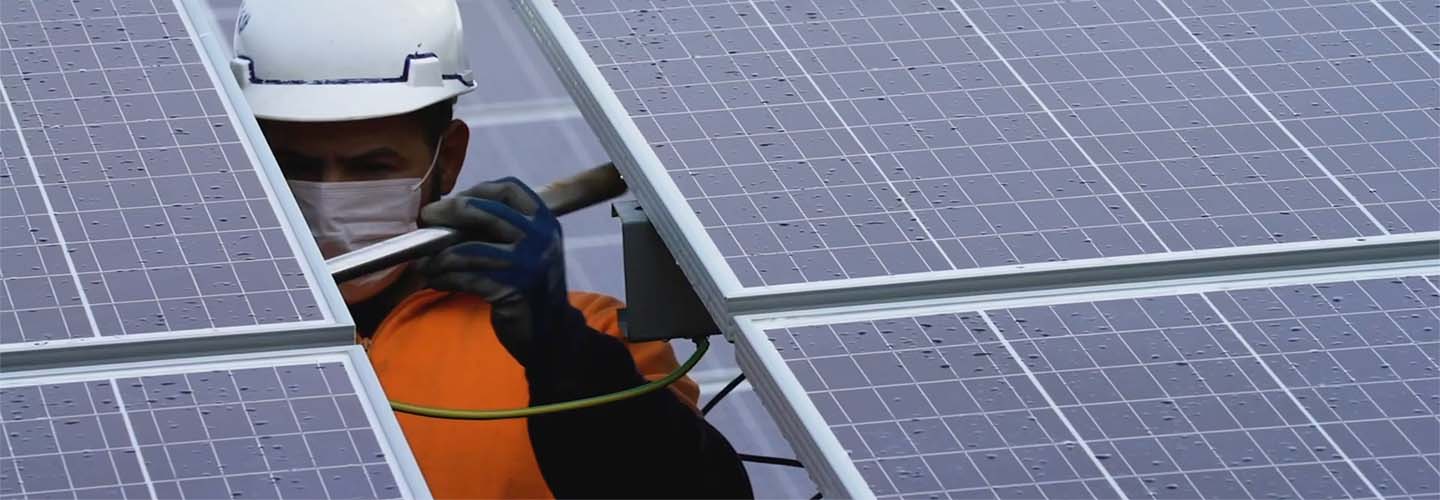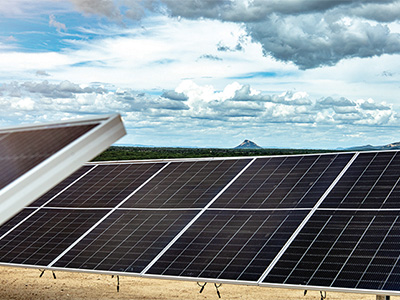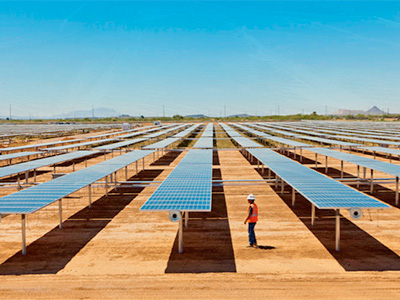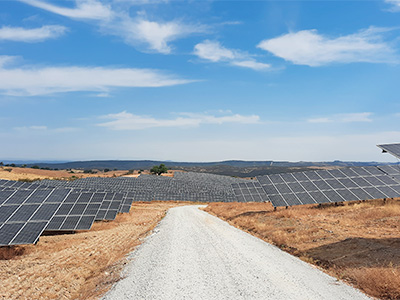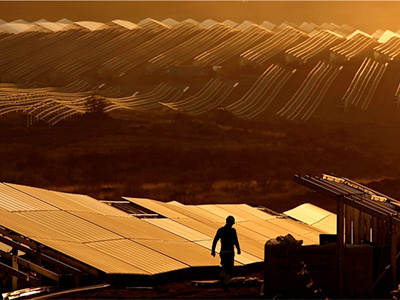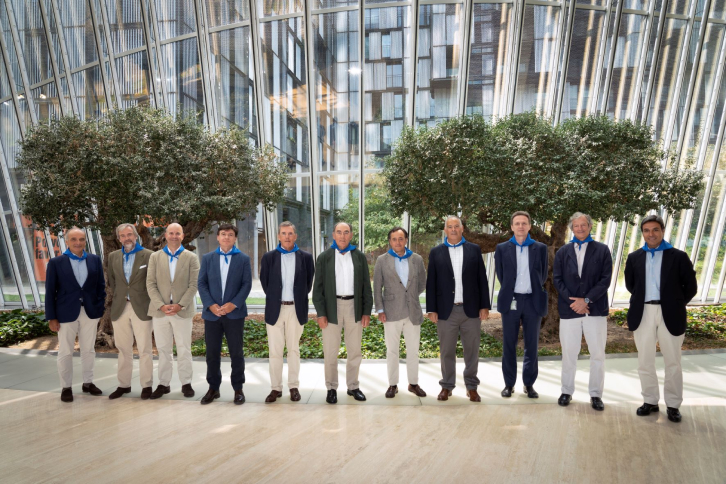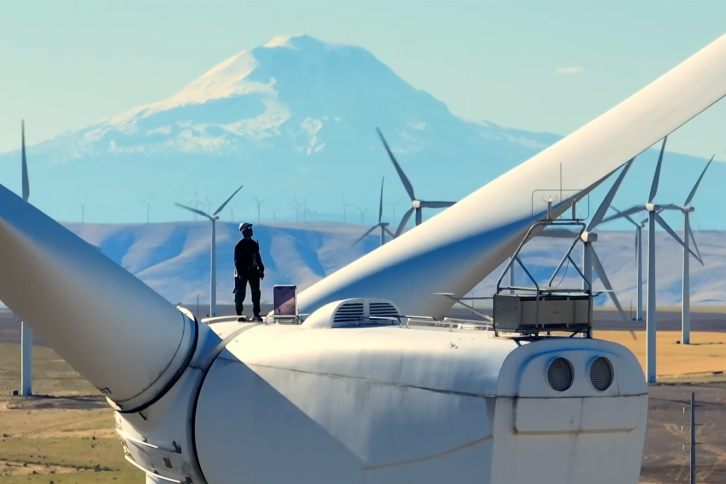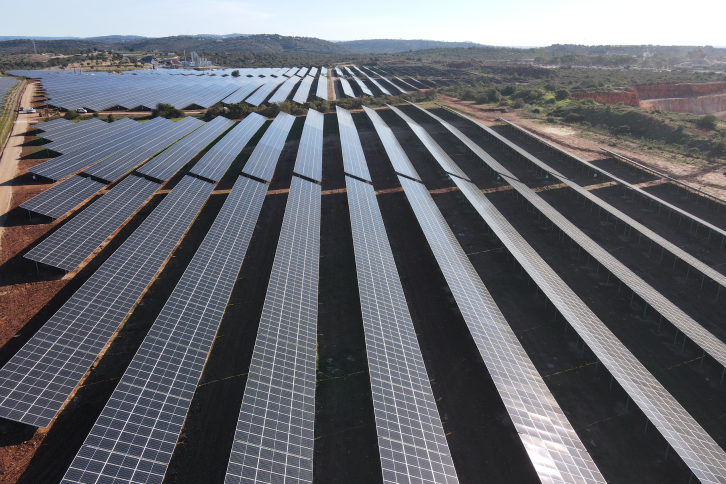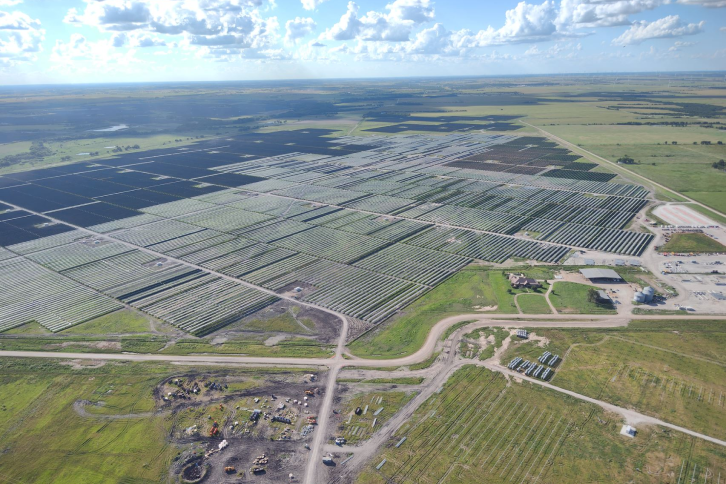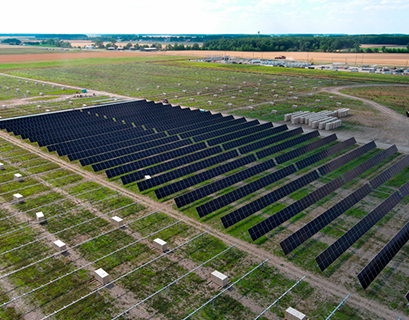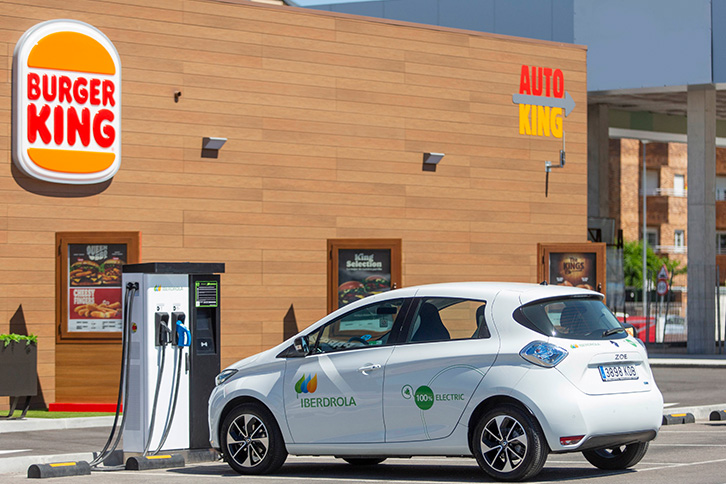-
Iberdrola confirms grid access for the Ekienea project, the largest solar farm in the Basque Country
The Chairman of Iberdrola, Ignacio Galán, met today in Bilbao with the company's management team and the Executive Committee in their traditional first meeting after the summer, coinciding with the celebration of the Aste Nagusia. During this...
-
Facebook Iberdrola confirms grid access for the Ekienea project, the largest solar farm in the Basque Country
-
Twitter Iberdrola confirms grid access for the Ekienea project, the largest solar farm in the Basque Country
-
Linkedin Iberdrola confirms grid access for the Ekienea project, the largest solar farm in the Basque Country
-
Whatsapp
Iberdrola, through Avangrid, its subsidiary in the United States, has surpassed 9,000 MW of installed wind and solar renewable capacity, enabling it to supply sustainable energy to more than 2.3 million US families, a population close to...
-
-
The Montechoro I and II PV plants, located in the Algarve region of southern Portugal, have been completed and now contribute to the country's renewable energy production capacity. With a total installed capacity of 37 megawatts (MW) and a...
-
Facebook Iberdrola increases its renewable production in Portugal with two new photovoltaic plants
-
Twitter Iberdrola increases its renewable production in Portugal with two new photovoltaic plants
-
Linkedin Iberdrola increases its renewable production in Portugal with two new photovoltaic plants
-
Whatsapp
Iberdrola, through its US subsidiary Avangrid , has begun producing clean energy at its True North photovoltaic plant, the first it has installed in the state of Texas. The company has already commissioned 20 MW of the 238 MWac (321 MWdc) that...
-
-
Iberdrola, through its US subsidiary Avangrid, has begun the installation of its Powell Creek solar project in the state of Ohio. The new plant will have a capacity of 202 MWdc generating enough clean energy to power 30,000 homes annually....
Iberdrola, through its subsidiary in Spain, and Burger King® have signed a new long-term Power Purchase Agreement − known as PPAs −. Iberdrola will supply 1,500 Gigawatt hours (GWh) of clean energy from the Francisco Pizarro photovoltaic...






